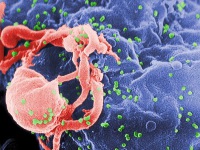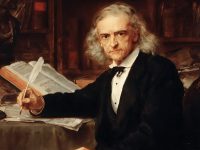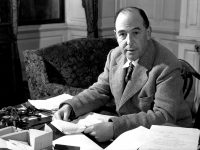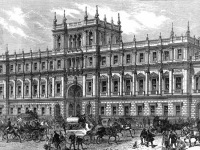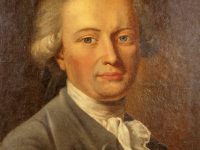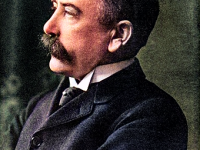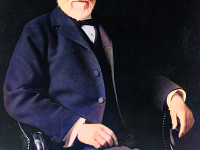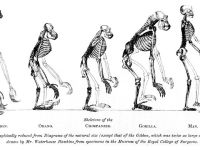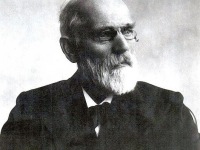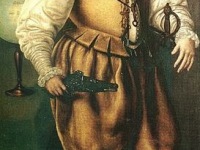The Human Immunodeficiency Virus and Aids
On December 1, 1981, the AIDS virus is officially recognized as a disease. Aids is a disease of the human immune system caused by infection with human immunodeficiency virus (HIV). Origins The complete origin of HIV is not really known to researchers on this day. Clear is however, that the human immunodeficiency virus is very similar to the Simian immunodeficiency virus (SIV), a retrovirus that is able to infect over 40 species…
Read more

